/p>
Mrs. Koula – Κυρία Κούλα, in Greek – lets us hear what the Smyrneika strain of proto-rebetiko sounded like near the turn of the last century.
/p>
Kyriakoula Paschali-Giortzi (Antonopoulou after she married), was born in Istanbul in 1880. She arrived in New York in 1900, already a singer of a wide range of Greek and Asia Minor music. Through the first two decades of the century, she recorded an extensive discography. Many of those were Greek folk songs. But there were also songs such as The baglamades, which came from the cafe aman tradition, and which were recorded by rebetiko singers in later years.
/p>
Koula and her husband Andreas founded two record companies to record Greek music in the 1920s. She recorded more than 250 sides for the Panhellenion Record Company, making her one of the most prolific recording artist of America’s Greek diaspora.
/p>
Those early recordings show the limitations of art of recording at the time: her lovely soprano voice often sounds strained as she tries to sing above the instruments. Still, these records – like those of her New York rival Marika Papagika – are important in tracing the development of rebetiko music.
/p>
The baglmades – a story of three dervishes who are arrested and hauled to jail, where they smoke hash and dance “zeibekaki” – was recorded in 1920. Unlike other versions, including one by Papagika recorded at about the same time, this one is unusual in that the main melody instrument is a clarinet.
/p>
/p>
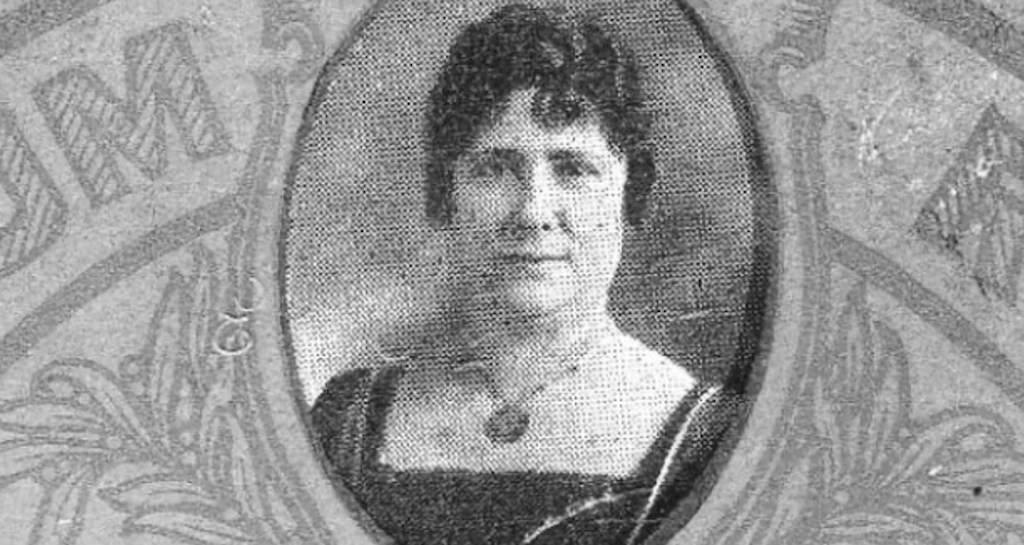
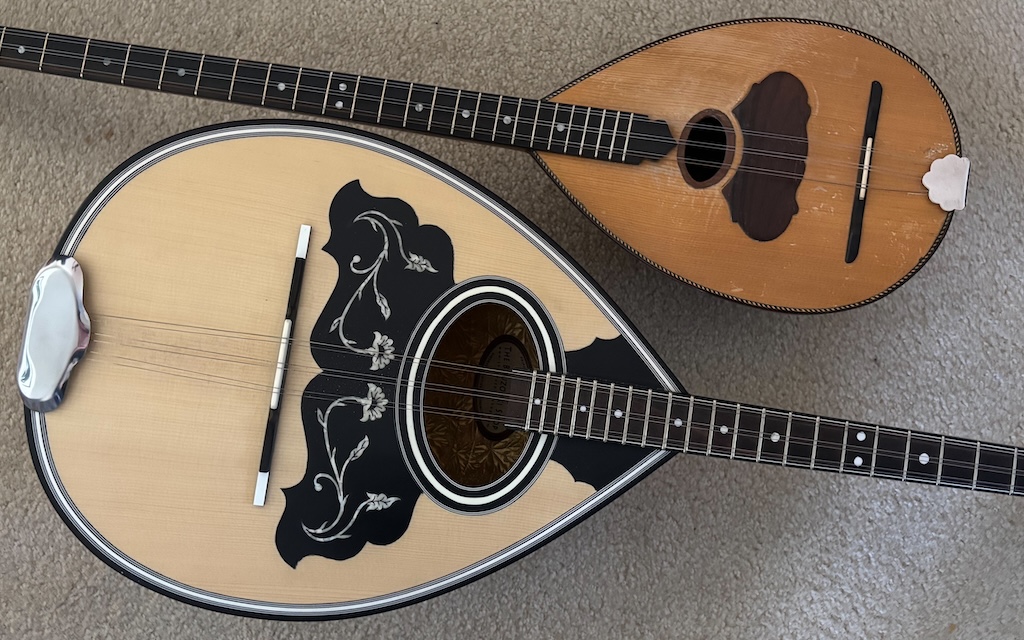
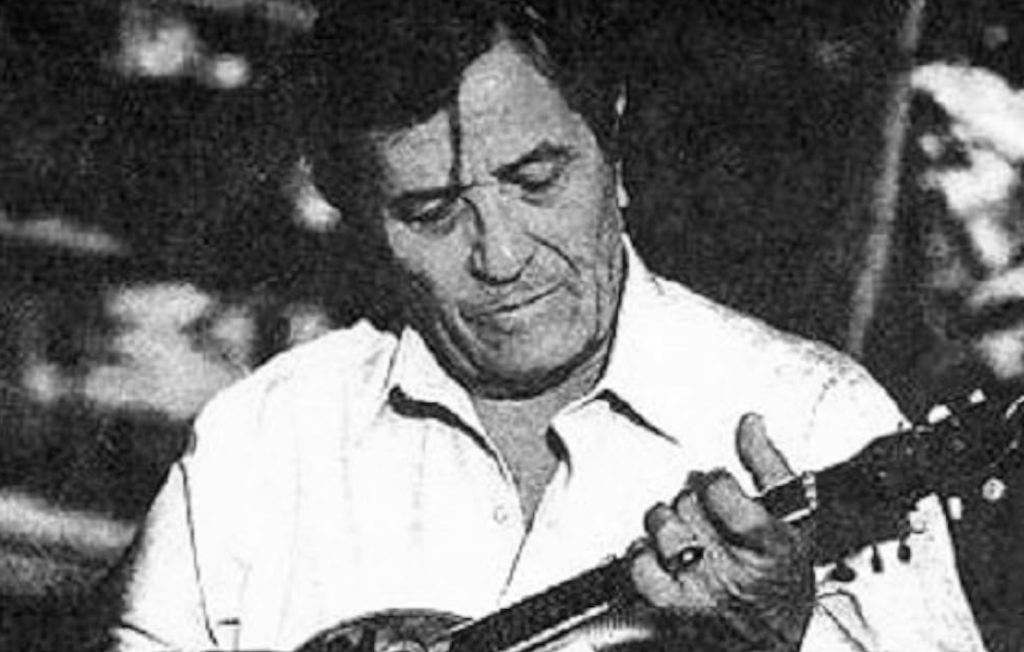
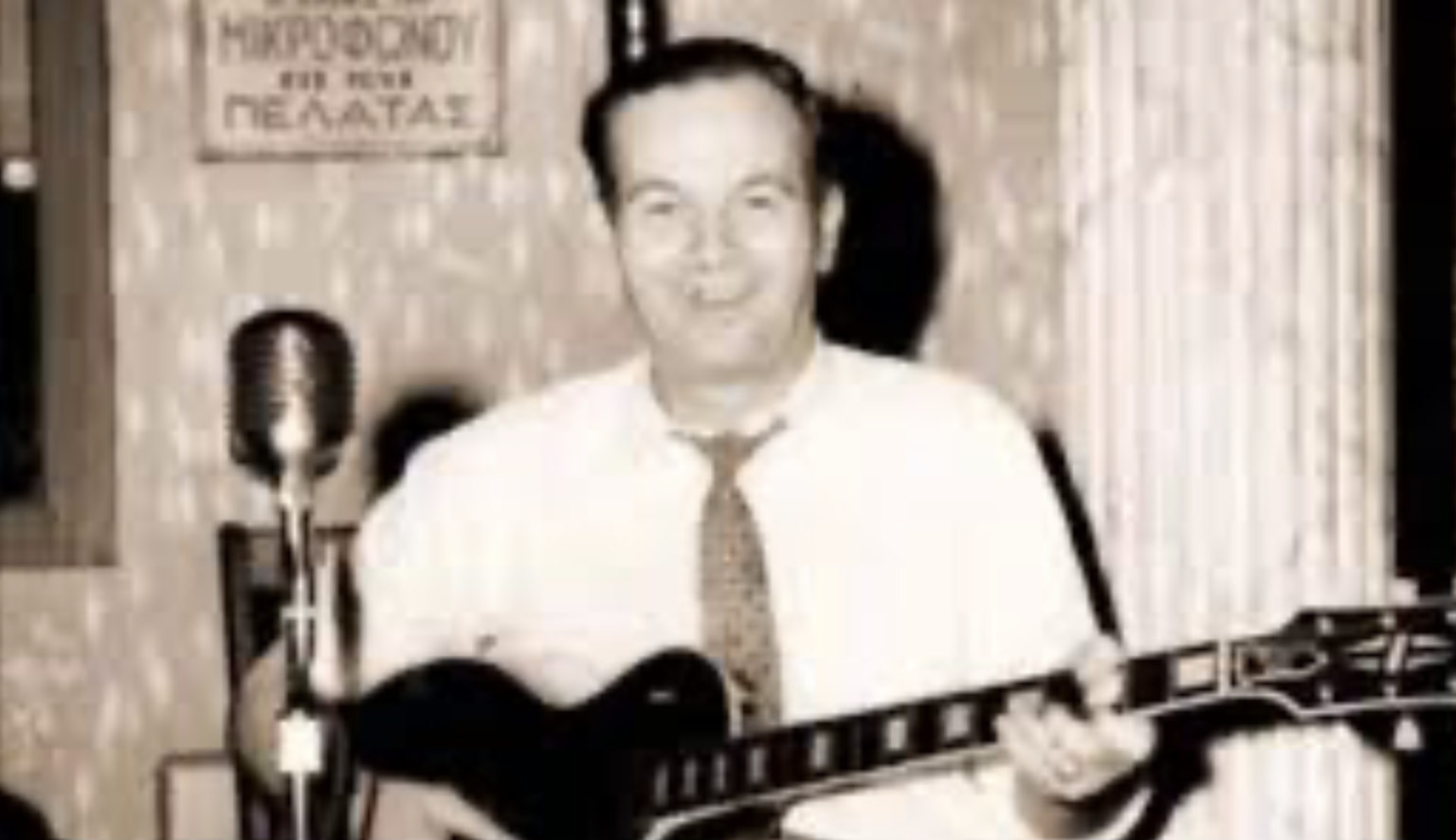
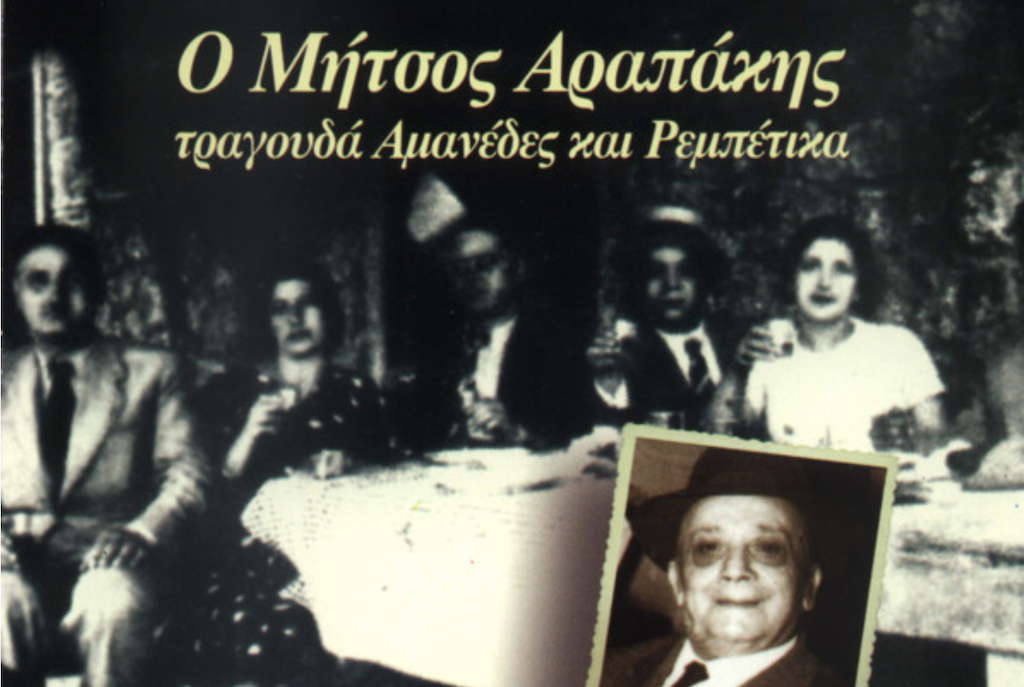
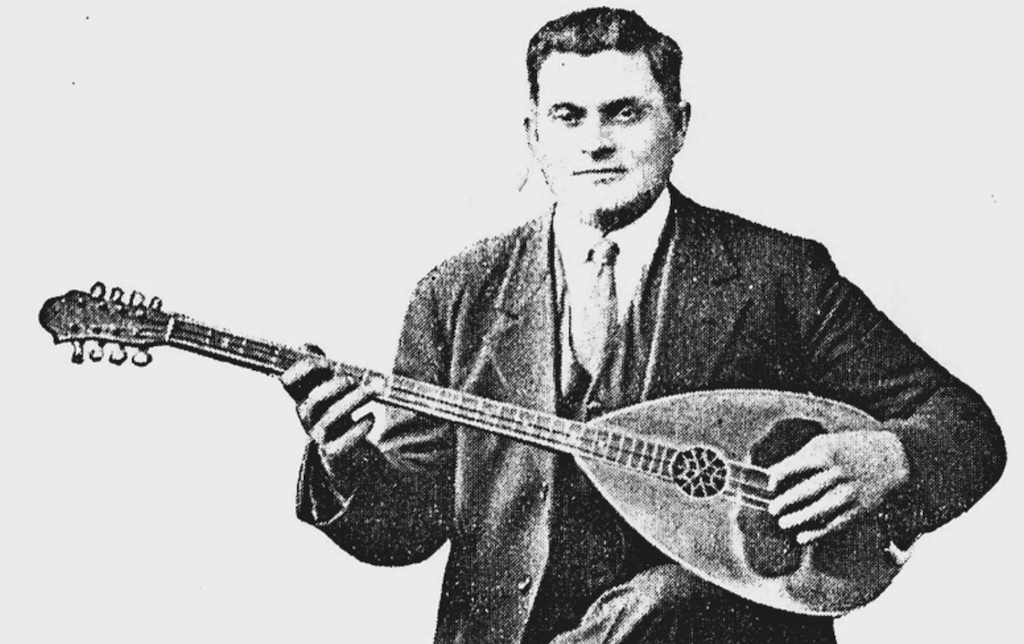
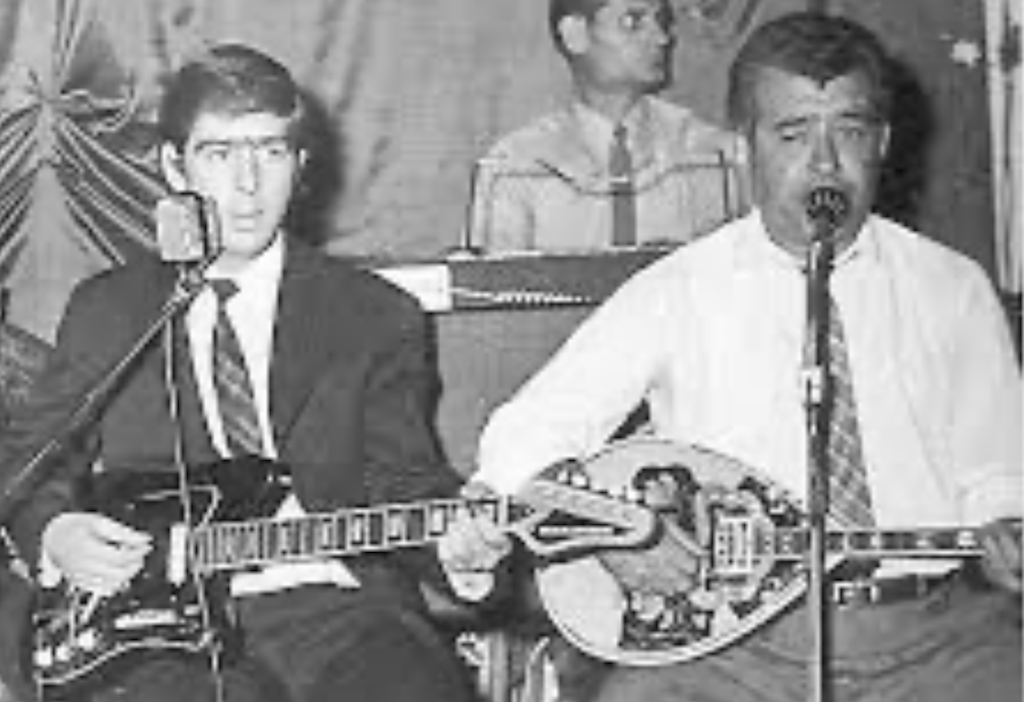
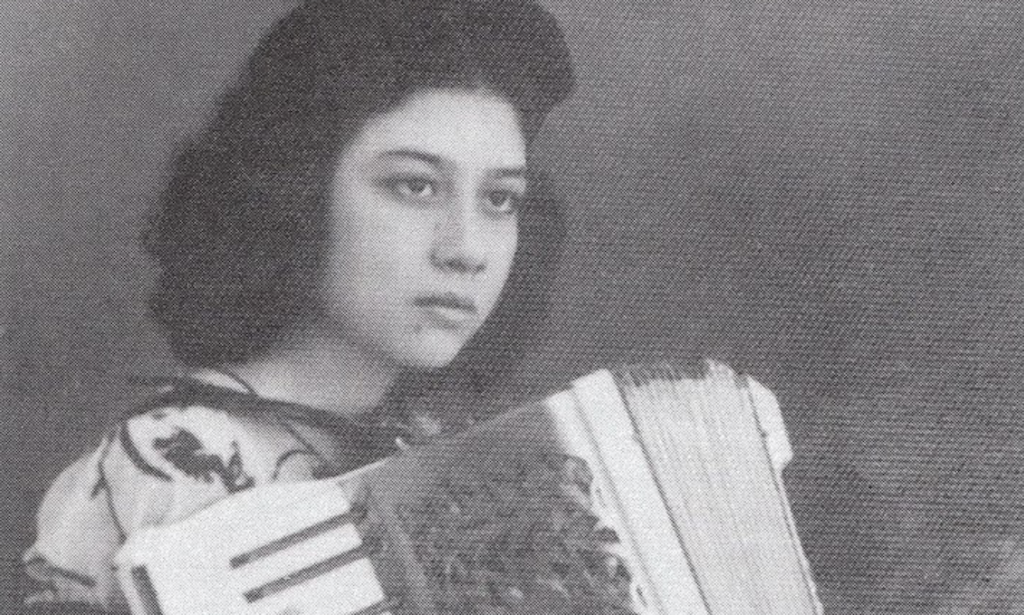


Leave a Reply